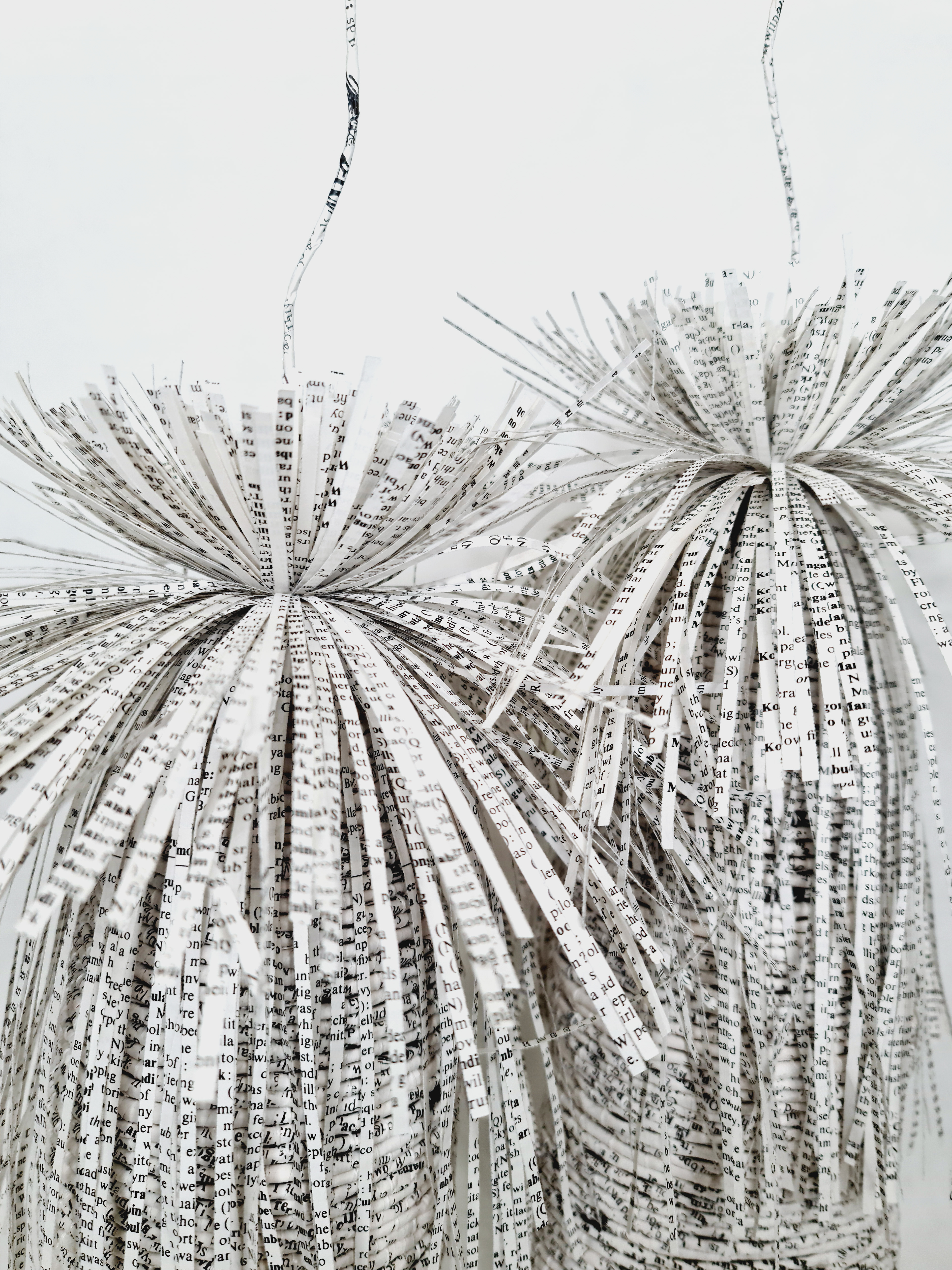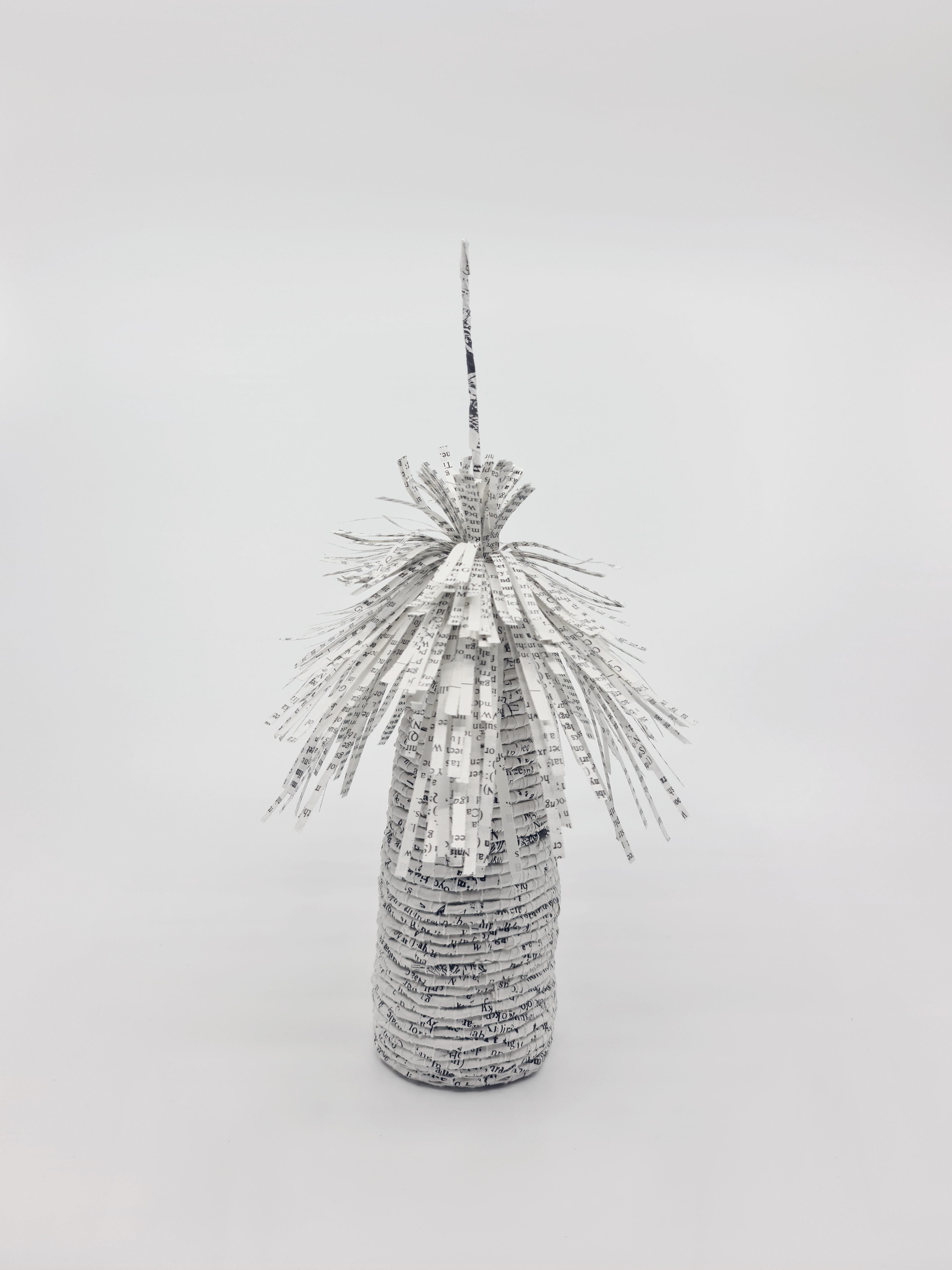

Over 100 years ago the words ‘linguistic poverty’ were printed and distributed in the Australian Aboriginal Native Words and Their Meanings national handbook, to describe First Peoples languages. Statements such as these were written, repeated and spread in various ‘Aboriginal Language’ dictionaries and presented as fact. These books were widely published for decades to provide "those who are in search for names of houses, children, boats and other purposes, will find a rich treasury of words native to their own land…”
While simultaneously being dispossessed from land and waters and having children stolen, our words were served up with no correction to people or place for the leisurely consumption of settlers. These so-called dictionaries published our words with no context or connection to people and places. With over 250 languages including 800 dialectal variants, these books homogenise our people reinforcing harmful misrepresentations which persist today.
My ongoing body of work transforms these fraudulent books into thriving Xanthorrhoea (Grass trees) a pyrophytic plant which thrives under elemental forces of deconstruction and reconstruction. In doing so I state that our languages have always been abundantly rich and that our prosperity is multifaceted - from the sheer number of unique languages spoken, to the rich depth of connection our words provide us, as well as the collective effort of our people to reinvigorate languages.